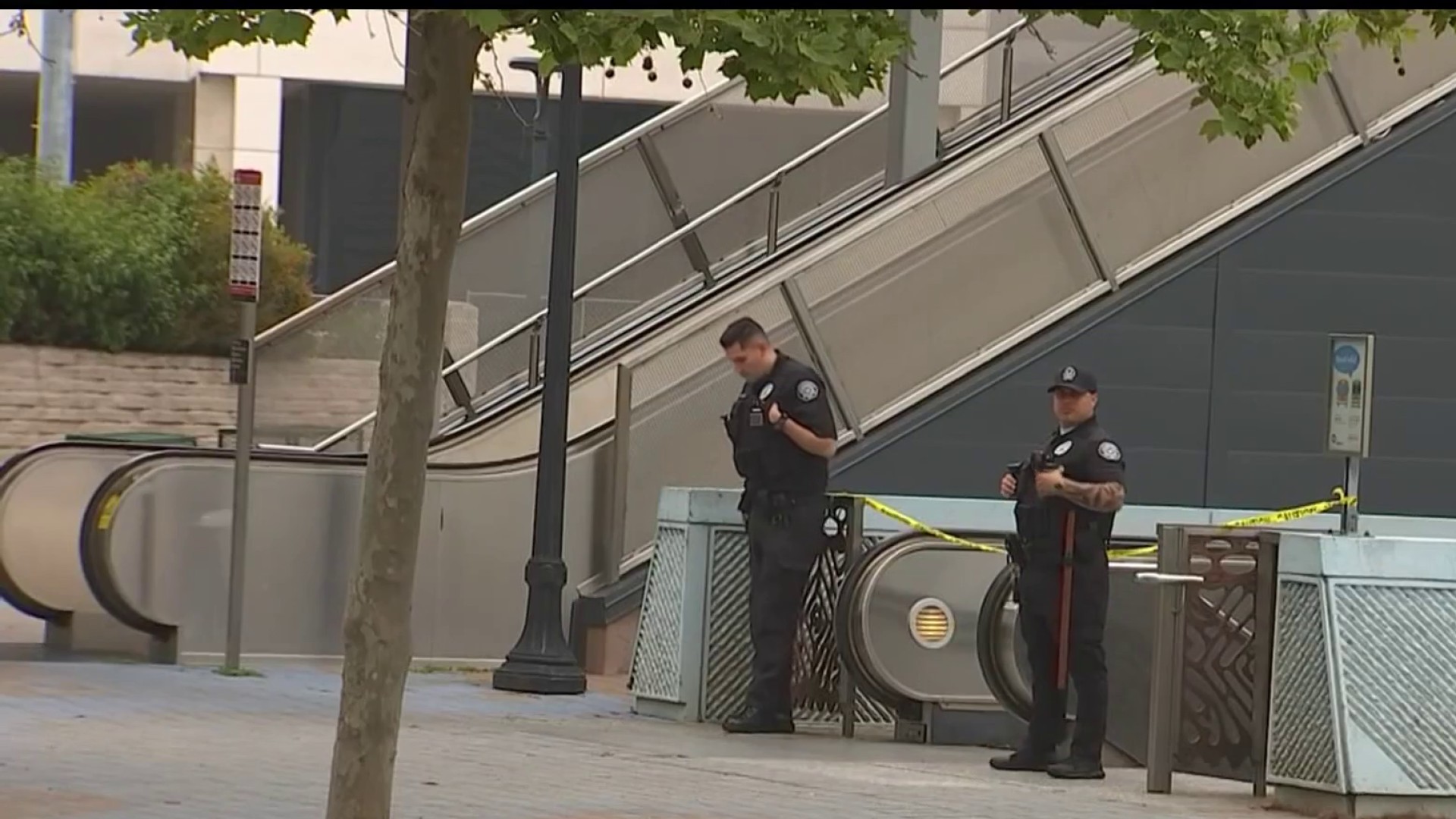Prosecutors are seeking a two-year prison term for ex-Sheriff Lee Baca for conspiring to obstruct a federal grand jury investigation into civil rights abuses and corruption within Los Angeles County jails, but the defense is asking for a sentence of home detention, court papers obtained Tuesday show.
Baca, 74, was convicted March 15 of obstruction of justice and two other federal charges for his role in the scheme to thwart the FBI probe into inmate mistreatment in the jails he ran and of lying to the bureau.
After about two days of deliberations, a criminal jury in downtown Los Angeles -- the second to hear the case -- found that Baca authorized and condoned a multi-part scheme that now has resulted in the conviction of 10 former members of the Sheriff's Department.
During his two trials, prosecutors described Baca as being the top figure in the conspiracy, which also involved his right-hand man, Paul Tanaka, and eight deputies who took orders from the sheriff.
In helping derail the federal probe, Baca "abused the great power the citizens of Los Angeles County had given him," while false statements made during a sworn interview with investigators was a "deliberate attempt to deflect blame and place it entirely on the shoulders of others within his department," the prosecution wrote in pre-sentencing documents.
Normally, the government would recommend a prison sentence within a range of about three and four years for the convictions. But due to Baca's age and cognitive condition, "the interests of justice will not be served by defendant spending many years behind bars in a severely impaired state," the document states.
In its papers, the defense cited Baca's decades of public service, diagnosis of early stage Alzheimer's disease and "peripheral" role in the conspiracy to support a probationary term in home detention with community service. Attorney Nathan Hochman asked the judge to consider "an individual with one of this country's most exceptional public service careers spanning over almost 50 years, an individual who suffers from the incurable and rapidly progressing and debilitating mental health disease of Alzheimer's, and an individual for whom prison will not allow him to obtain medical care in the most effective manner and will subject him to especially harsh treatment due to his medical condition as well to his age and former position as LASD Sheriff."
News
Top news of the day
Baca -- who ran the nation's largest sheriff's department for more than 15 years -- faces up to 20 years in federal prison when he is sentenced May 12 by U.S. District Judge Percy Anderson. The retired lawman was first tried in December on obstruction of justice and conspiracy to obstruct justice counts, and prosecutors had planned a second trial on the false statements count. But a mistrial was declared after jurors deadlocked 11-1 in favor of acquitting the former sheriff, and Anderson combined all three counts in the retrial. Baca did not take the stand in either trial.
The charges stemmed from events six years ago when a cellphone was discovered in the hands of an inmate at the Men's Central Jail. Sheriff's deputies quickly tied the phone to the FBI, which had been conducting a secret probe of brutality against inmates.
At that point, sheriff's officials closed ranks and began an attempt to halt the formerly covert investigation by concealing an inmate-turned-informant from federal prosecutors, who had issued a summons for his grand jury appearance.
The charges involved a host of illegal acts, including a 2011 incident in which two sheriff's investigators confronted an FBI agent in the driveway leading into her apartment and falsely told her they were in the process of obtaining a warrant for her arrest.
Baca denied having advance knowledge of the illicit attempt to intimidate the federal agent. Prior to the first trial, Baca had pleaded guilty to the lying count, but subsequently backed out of a plea deal -- which called for him to serve no more than six months in prison -- after the judge rejected the agreement as too lenient.
If Baca had not withdrawn from the plea, he could have been handed a sentence of five years behind bars. He was then indicted on the three felony counts. Prosecutors described the defendant as "a study in contrasts. He championed certain reforms in the criminal justice system, yet ignored warnings that his deputies were committing serious abuses in the Los Angeles County jails.
He touted his close relationship with federal officials, yet was angry that the federal government was investigating his department. He recited the LASD's `Core Values' -- which emphasize honor and integrity -- during the same interview in which he lied to the federal government."
While physically fit and able to function in his daily life, prosecutors wrote, Baca now faces "an uncertain prognosis for how quickly his mild cognitive impairment will advance." In his argument for a non-custodial sentence, Hochman wrote that Baca's condition would be best treated outside of prison. Baca became sheriff in December 1998 and won re-election on several occasions.
He was poised to run again in 2014, but federal indictments unsealed in December 2013, related to excessive force in the jails and obstruction of that investigation, led Baca to retire the following month.



